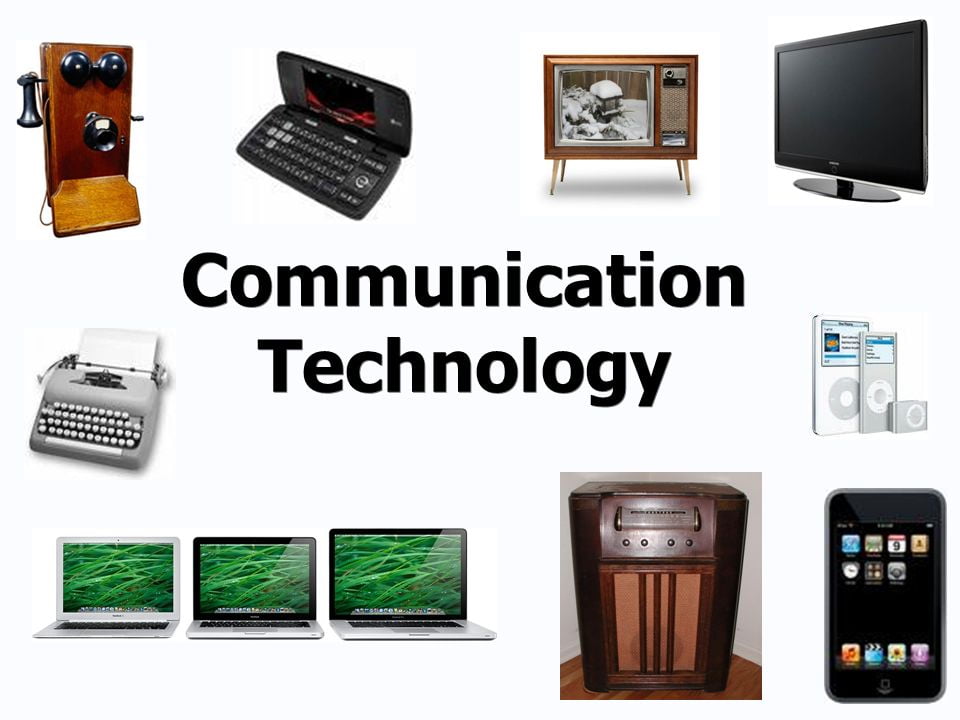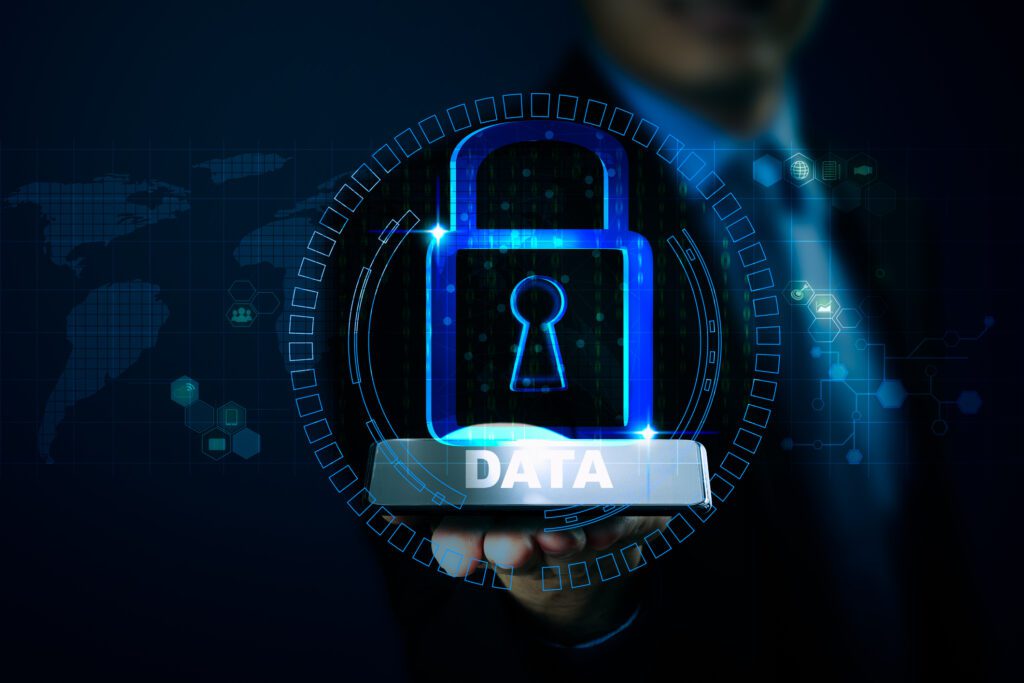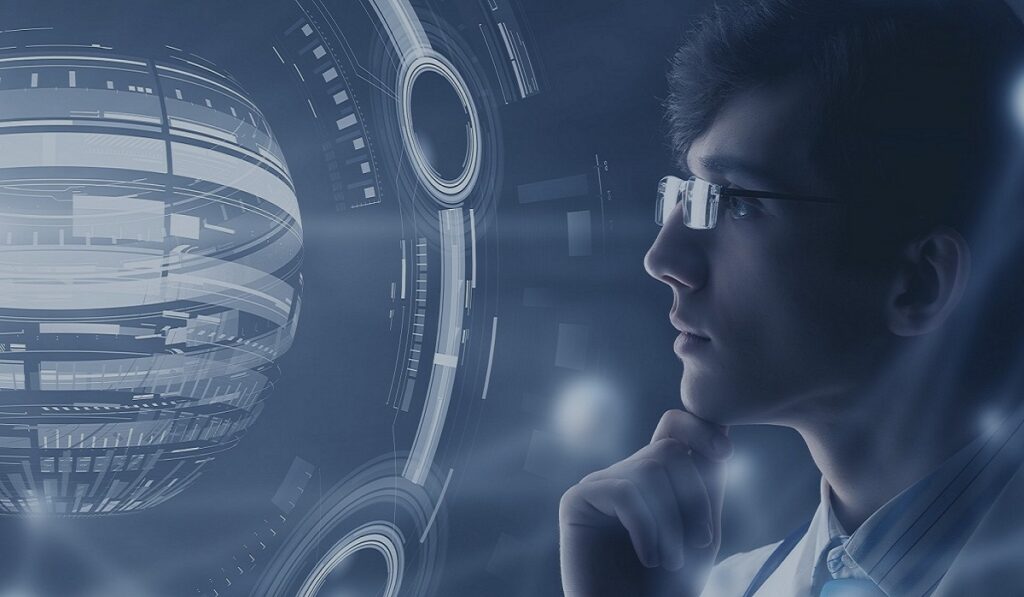In today’s fast-paced world, technology is woven into the very fabric of our lives. From the moment we wake up to the sound of our smartphone alarms to the time we fall asleep with our smartwatches tracking our sleep patterns, technology is omnipresent. But what is the impact of technology on modern society? How has it transformed our day-to-day living, communication, education, and even our health? This article delves into these questions, exploring the multifaceted effects of technology on our contemporary world.
The Evolution of Technology
Technology has come a long way from the invention of the wheel to the creation of the internet. The pace of technological advancement has accelerated exponentially over the past few decades. Think about it: a few decades ago, the idea of carrying a computer in your pocket seemed like science fiction. Today, it’s a reality with smartphones. This rapid evolution has fundamentally reshaped how we live, work, and interact with the world.
Technology in Communication

Gone are the days when we had to wait for weeks to receive a letter from a loved one. Instant communication is now the norm, thanks to email, instant messaging, and video calls. This revolution in communication technology has not only made it easier to stay in touch but has also facilitated global business operations and cultural exchange. However, it also raises questions about the quality of these interactions and the impact on our social skills.
Impact on Education
Education has been transformed by technology. Classrooms are no longer confined to four walls; online learning platforms and digital resources have made education accessible to anyone with an internet connection. Tools like interactive whiteboards, educational apps, and virtual reality are making learning more engaging and effective. But, this digital shift also brings challenges, such as the need for digital literacy and the risk of exacerbating educational inequalities.
Technology and Healthcare
The healthcare sector has seen some of the most significant advancements due to technology. Medical technology innovations such as telemedicine, wearable health devices, and AI-driven diagnostics are revolutionizing patient care. These technologies enable remote monitoring, early detection of diseases, and personalized treatment plans. Despite these benefits, there are concerns about data privacy and the ethical use of AI in healthcare.
Economic Implications
Technology drives economic growth by increasing productivity and creating new industries and job opportunities. Automation and AI are transforming traditional industries, leading to the rise of the gig economy and remote work. However, this also means that certain jobs are becoming obsolete, raising concerns about job displacement and the need for re-skilling the workforce.
Social Media and Society
Social media platforms have become integral to our daily lives, influencing how we interact, consume news, and express ourselves. The impact of social media on society is profound, offering both positive and negative effects. While it provides a platform for connecting with others and sharing information, it also poses risks such as misinformation, cyberbullying, and addiction.
Environmental Effects
While technology can aid in environmental conservation efforts, such as through renewable energy solutions and efficient resource management, it also contributes to environmental degradation. The production and disposal of electronic devices lead to e-waste, and the energy consumption of data centers adds to the carbon footprint. Balancing technological growth with environmental sustainability is a crucial challenge.
Privacy and Security Concerns

As technology becomes more ingrained in our lives, privacy and security issues have come to the forefront. Data breaches, cyber-attacks, and surveillance concerns are growing as more of our personal information is stored online. Protecting privacy and securing data in this digital age is a critical issue that requires robust solutions and regulations.
The Future of Work
The workplace is undergoing a transformation driven by technology. Remote work, flexible schedules, and virtual collaboration are becoming commonplace. Technology enables greater efficiency and work-life balance, but it also blurs the lines between personal and professional life, potentially leading to burnout. Preparing for the future of work involves adapting to these changes and ensuring fair labor practices.
Ethical Considerations
With great technological power comes great responsibility. Ethical considerations surrounding technology use include issues of digital addiction, AI ethics, and the digital divide. Society must navigate these ethical dilemmas to ensure technology serves the greater good without compromising human values.
The Digital Divide
Despite the widespread adoption of technology, a significant portion of the global population remains without access to basic digital services. The digital divide exacerbates social and economic inequalities, making it essential to address this gap to create an inclusive digital future. Efforts to bridge this divide include expanding internet access and promoting digital literacy.
Conclusion
Technology’s impact on modern society is both profound and complex. It has transformed how we live, work, and interact, bringing both opportunities and challenges. As we continue to advance technologically, it is crucial to navigate these changes thoughtfully, ensuring that technology serves to enhance our lives while addressing the associated risks and ethical concerns.
FAQs
1. How has technology changed communication?
Technology has revolutionized communication by making it instant and accessible. Tools like email, instant messaging, and video calls allow for real-time interaction across the globe.
2. What are the benefits of technology in education?
Technology enhances education by providing access to online resources, interactive learning tools, and virtual classrooms, making education more engaging and accessible to a broader audience.
3. How does technology impact healthcare?
Technology in healthcare improves patient care through innovations like telemedicine, wearable devices, and AI diagnostics, allowing for remote monitoring, early disease detection, and personalized treatments.
4. What are the environmental impacts of technology?
While technology can aid in environmental conservation, it also contributes to environmental issues such as e-waste and increased energy consumption, necessitating sustainable practices and solutions.
5. What is the digital divide, and why is it important?
The digital divide refers to the gap between those with access to technology and those without. Bridging this divide is crucial for ensuring equal opportunities and reducing social and economic inequalities.

